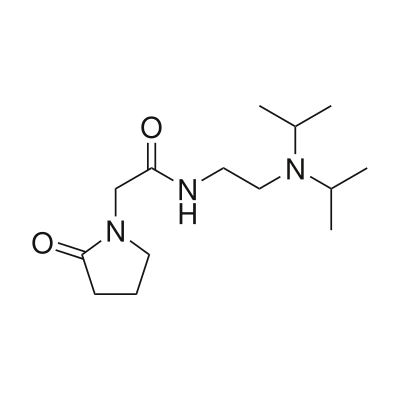Pramiracetam: Enhancing Cognitive Function with a Nootropic Agent
Introduction
Pramiracetam is a nootropic agent that has been shown to improve cognitive function in both healthy individuals and those with cognitive impairments. This article will discuss the benefits, side effects, and mechanisms of action of Pramiracetam.
What is Pramiracetam?
Pramiracetam is a member of the racetam family of nootropics. It was first synthesized in the 1970s and has been used in several clinical trials for the treatment of cognitive impairments such as Alzheimer’s disease, dementia, and stroke.
Benefits of Pramiracetam
Pramiracetam has been shown to enhance cognitive function in several ways. It has been found to improve memory, attention, and focus. It also has neuroprotective properties that may help to prevent cognitive decline and promote brain health.
Mechanism of Action
Pramiracetam is believed to work by increasing the activity of acetylcholine receptors in the brain. Acetylcholine is a neurotransmitter that is involved in many cognitive processes, including memory and attention. By increasing the activity of acetylcholine receptors, Pramiracetam may enhance cognitive function.
Side Effects
Pramiracetam is generally well-tolerated and has few side effects. However, some users may experience headaches, gastrointestinal distress, and insomnia.
Conclusion
Pramiracetam is a promising nootropic agent that has been shown to improve cognitive function in both healthy individuals and those with cognitive impairments. It may also have neuroprotective properties that promote brain health. While it is generally well-tolerated, users should be aware of potential side effects and consult with a healthcare provider before starting Pramiracetam supplementation.
